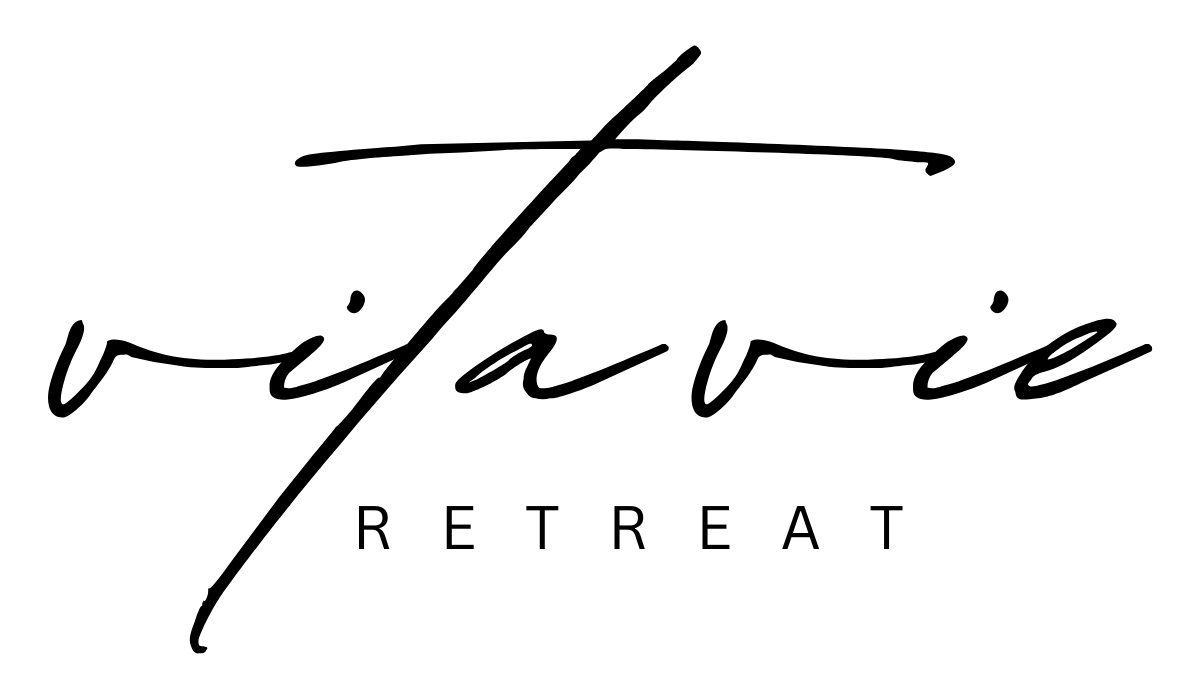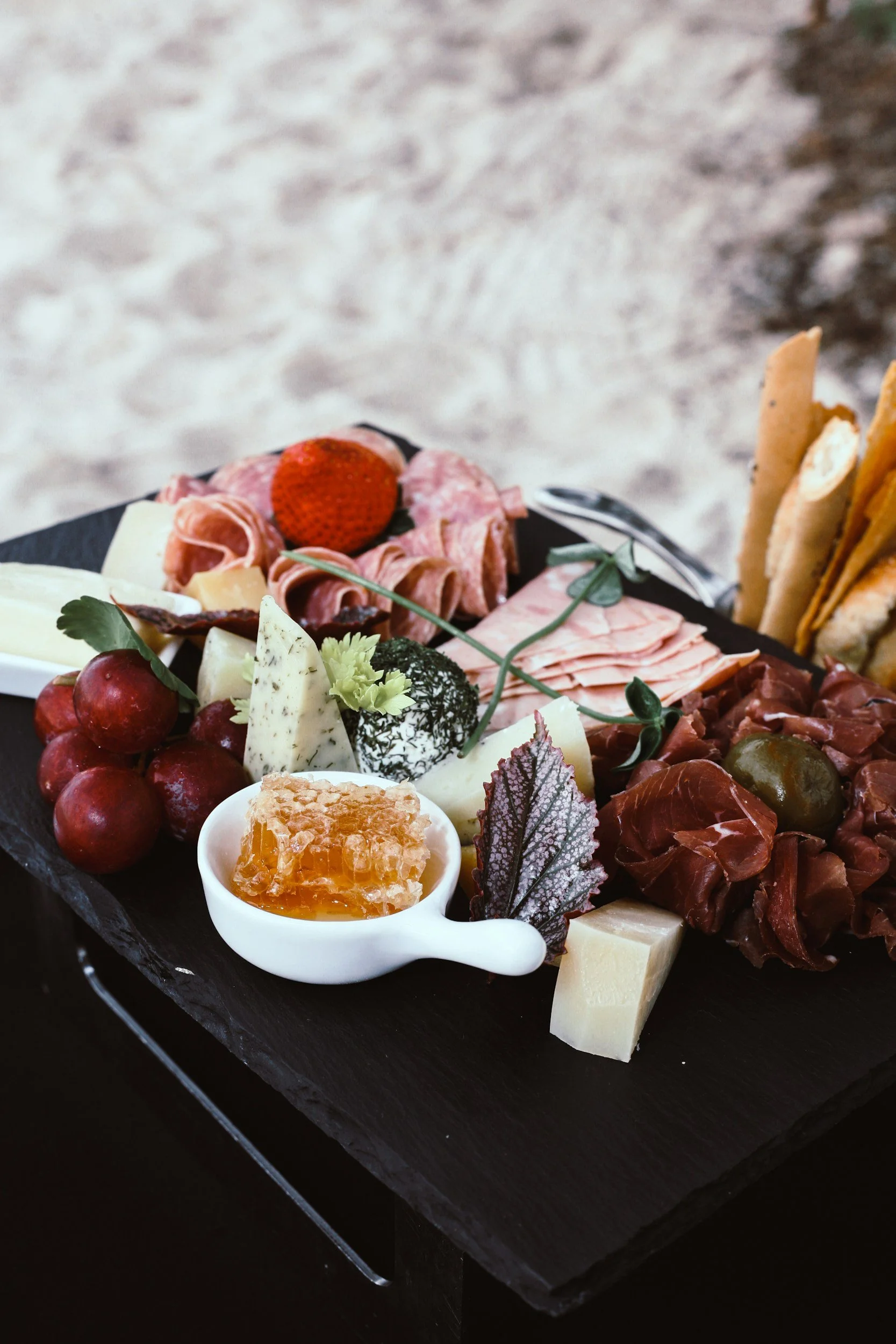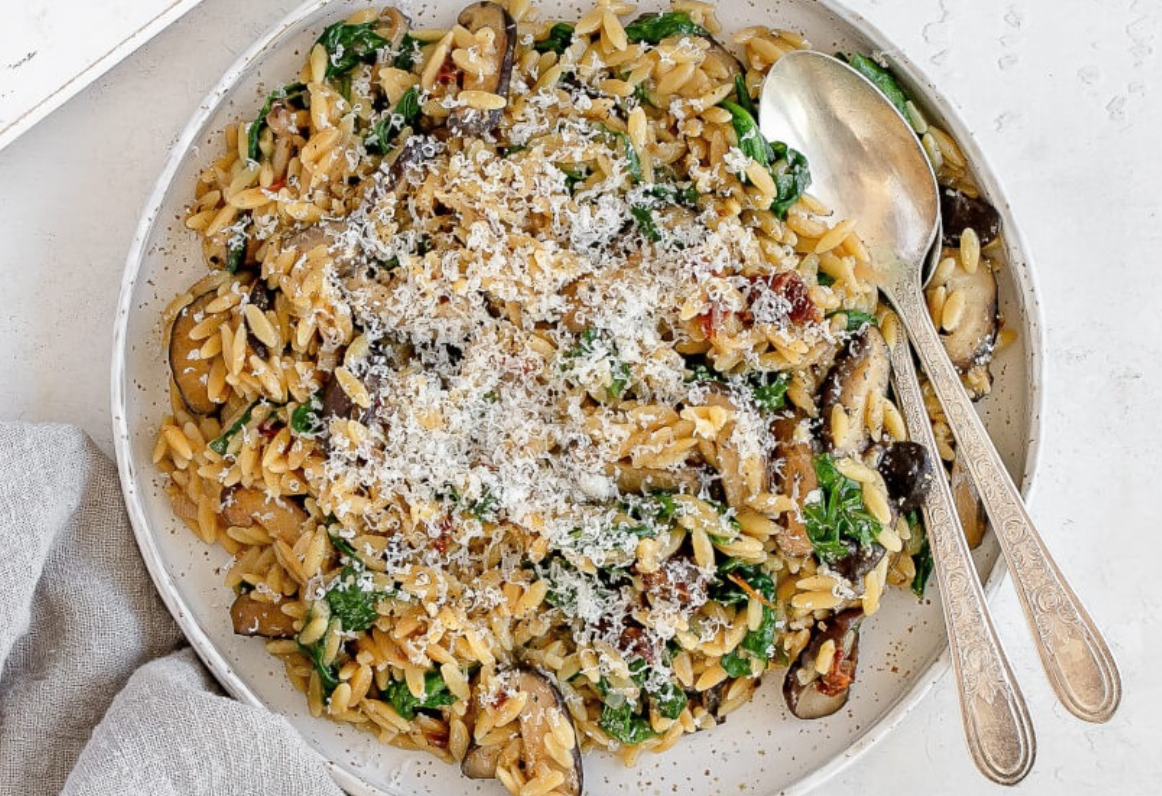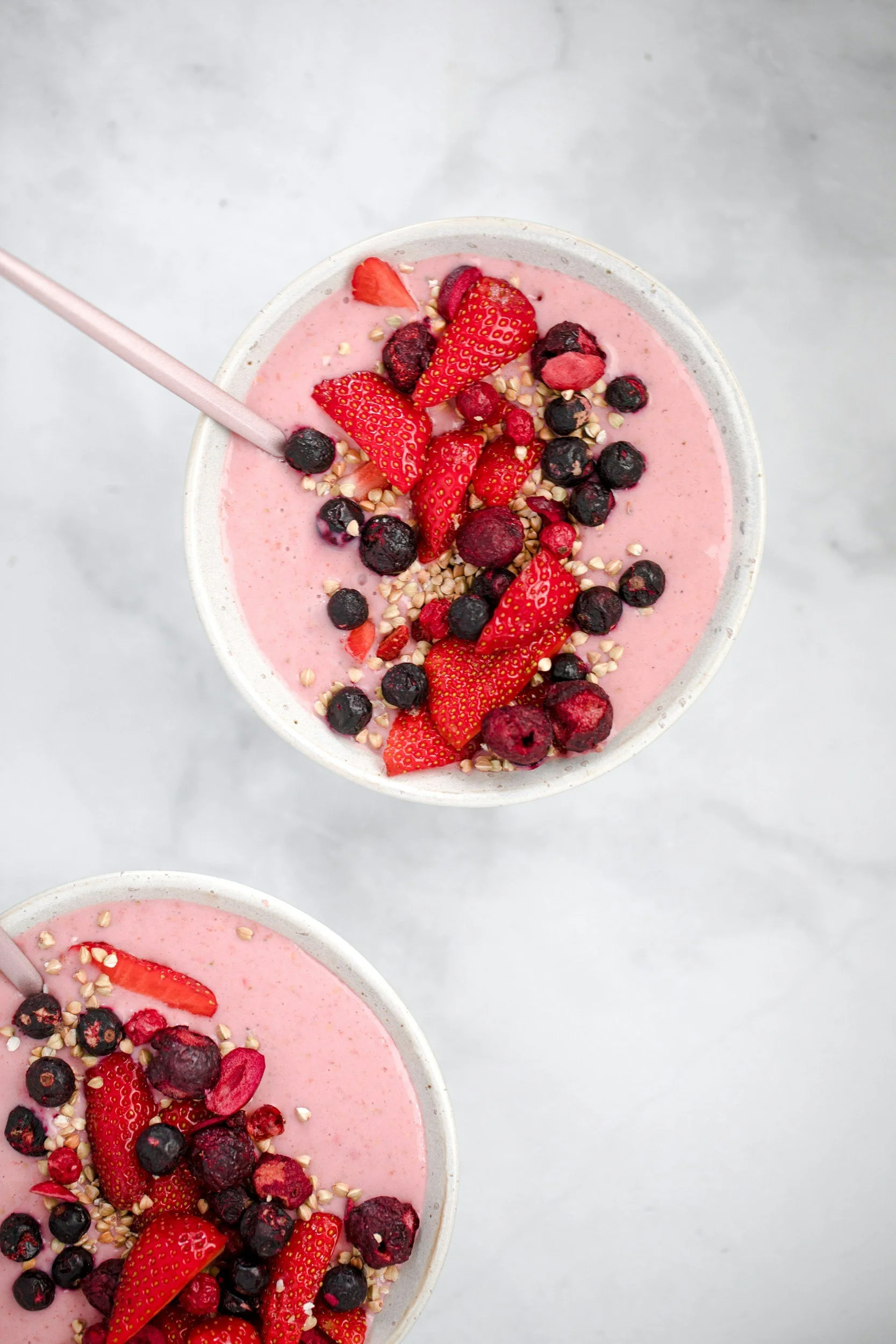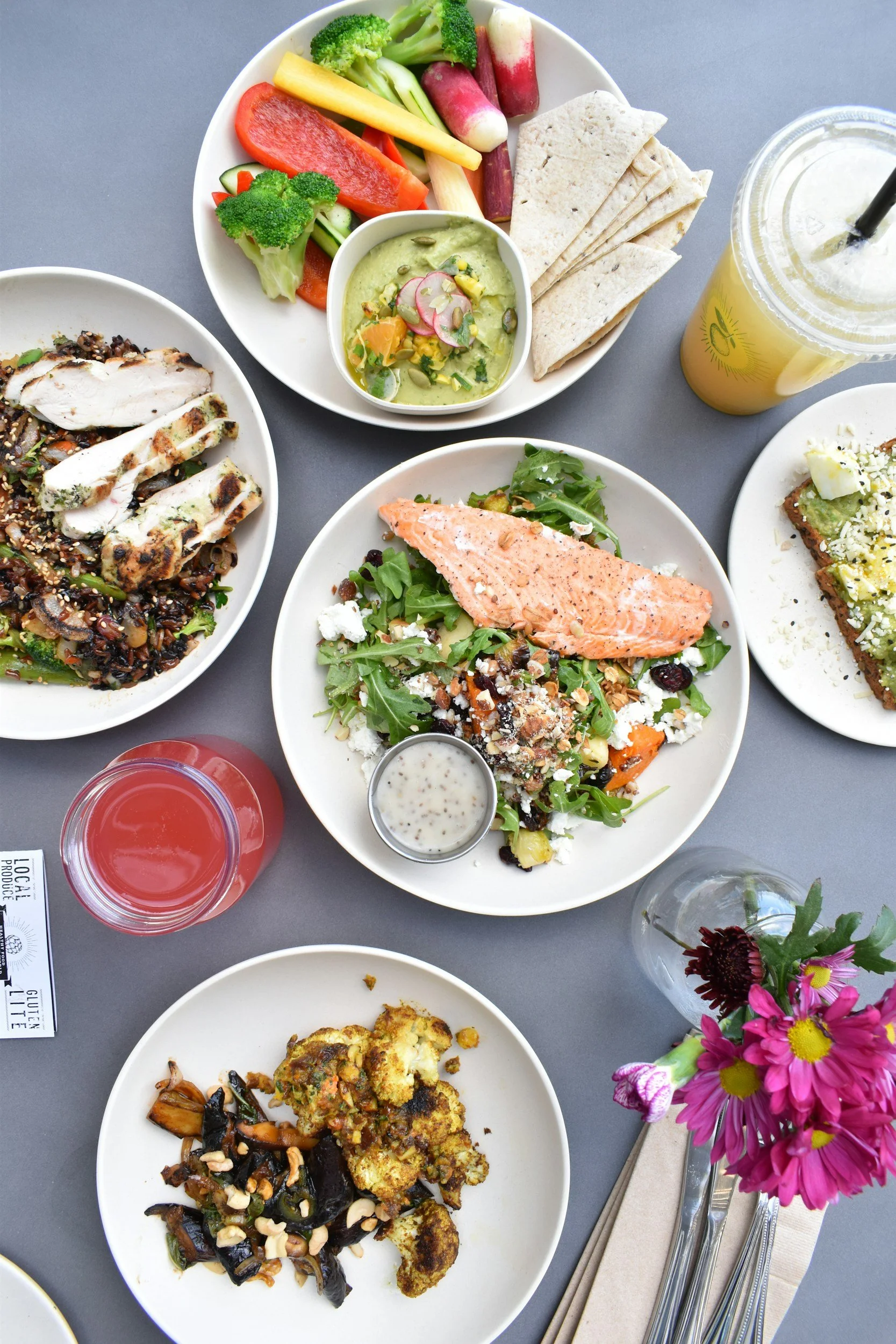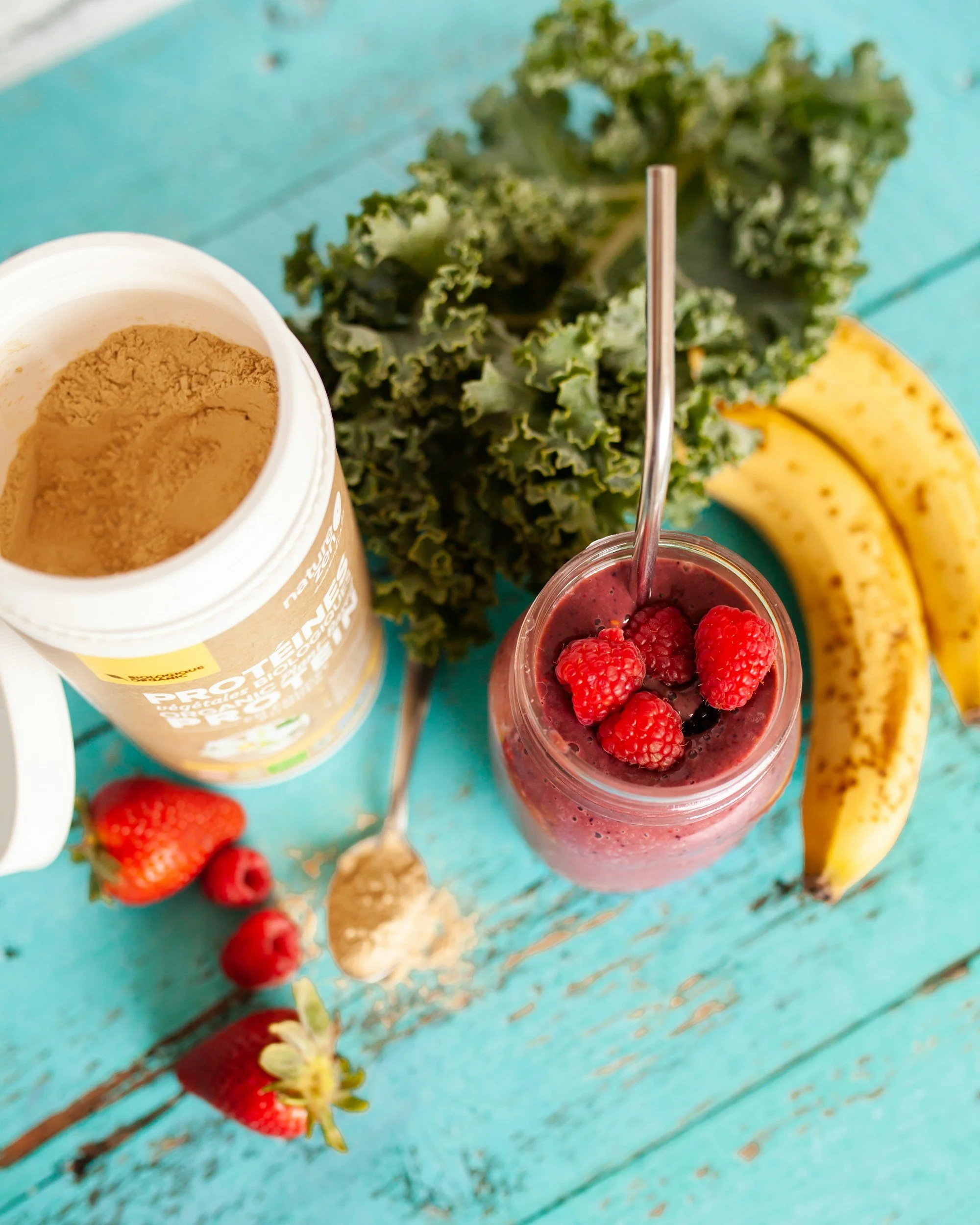Proactive vs. Reactive Choices: The Key to Sustainable Health, Wellness & Weight Loss
/When it comes to achieving your goals—whether it’s improving your health, losing weight, building strength, or simply feeling better in your body—how you make choices matters.
And behind every decision lies a powerful question:
Are you choosing proactively—or reacting to your environment?
So many conversations I have with clients come back to this exact theme. Whether we’re talking about food, movement, mindset, or routines, there’s a defining difference between choices made with intention and those made in the moment.
Let’s break it down—and see how this shift could be the game-changer you’ve been looking for.
Proactive vs. Reactive: What’s the Difference?
Reactive choices are made in the moment, often fueled by stress, emotions, fatigue, or external pressure.
Proactive choices are intentional decisions rooted in your goals, values, and how you want to feel—not just now, but later.
We all make both types of choices. But when we start making more proactive ones, we take back our power.
Here’s a relatable example:
Reactive Choice: You skip dinner prep and end up ordering takeout that leaves you feeling bloated and guilty.
Proactive Choice: You prep a simple, protein-rich dinner earlier in the day so when the evening hits, you’re ready to nourish yourself—no decision fatigue or regret.
Reactive living often leads to frustration, inconsistency, and self-blame. Proactive living creates alignment, momentum, and confidence.
Why This Matters in Your Wellness Journey
Your daily choices shape your outcomes—but even more importantly, they shape your identity.
Choosing food that fuels you, movement that energizes you, and routines that ground you leads to:
Better blood sugar balance
Improved energy and mood
Sustainable fat loss
More confidence and less guilt
A stronger sense of self-trust
These choices become votes for the person you’re becoming.
As James Clear said, “Every action you take is a vote for the person you wish to become.”
5 Ways to Make More Proactive Choices in Your Daily Life
1. Lead with How You Want to Feel
Start each day—or each decision—by asking:
How do I want to feel after this?
Energized? Strong? Proud? Light? Nourished?
Then act accordingly.
Reactive: Grabbing sugary snacks to cope with a stressful moment.
Proactive: Choosing a balanced snack with protein and healthy fats that keeps you full and stable and honors your energy.
That one question can reroute your entire day.
2. Get Clear on What Actually Matters to You
Proactive choices become easier when you’re connected to your why.
Ask yourself:
What do I truly want from my health?
How do I want to feel in my body?
What will losing weight or getting stronger make possible for me?
When you know what’s most important, your choices start aligning with that vision—rather than short-term relief or impulse.
3. Plan Ahead for the Win
Reactive decisions often come from a lack of preparation. You don’t have the right food, you didn’t schedule the workout, or your routine is chaotic.
But proactive choices? They’re supported by systems.
Prep a few protein-rich meals or snacks so you're not left scrambling.
Schedule your workouts like appointments—even if it’s 20 minutes at home.
Use a simple morning or evening routine to anchor your day in intention.
Planning is not about perfection—it’s about making it easier to succeed.
4. Pause Before You Respond
In the moment, take a breath. Literally.
Ask:
Is this choice aligned with my goals?
Am I reacting to a feeling or choosing based on my values?
That one pause gives you back control and puts you in the driver’s seat of your wellness journey.
5. Redefine What “Success” Looks Like
Proactive doesn’t have to mean big or perfect. It can look like:
Choosing a walk instead of skipping movement entirely.
Making a nourishing shake when you're tired instead of skipping a meal.
Saying no to the second glass of wine because you want to sleep well and feel good tomorrow.
Small proactive choices build momentum. And momentum leads to results.
Real-Life Examples of Proactive vs. Reactive Choices
You feel tired after work
Reactive: Skip your workout and order fast food
Proactive: Do a short 15-minute workout and eat a pre-prepped healthy meal
You’re craving something sweet
Reactive: Grab cookies and feel guilty afterward
Proactive: Choose dark chocolate with berries or a protein-packed snack that satisfies you
You have a busy morning ahead
Reactive: Skip breakfast, then overeat later in the day
Proactive: Prep a protein shake or overnight oats the night before
You’re stressed and want comfort
Reactive: Mindlessly snack all afternoon
Proactive: Pause, journal, take a walk, or enjoy a nutrient-dense snack with protein and healthy fats
You’re traveling or on the go
Reactive: Eat whatever’s convenient and unbalanced
Proactive: Pack protein-rich snacks, stay hydrated, and prioritize whole foods when dining out
You’re eating out with friends
Reactive: Overeat because you’re caught up in the moment
Proactive: Review the menu ahead of time and decide on a balanced meal that still feels enjoyable
You’re short on time before a workout
Reactive: Skip it entirely
Proactive: Do a quick bodyweight circuit, walk, or stretch—something is better than nothing
You feel emotional or overwhelmed
Reactive: Reach for food to numb the feeling
Proactive: Pause to ask yourself what you really need (rest, connection, movement, or reflection)
These are everyday moments—but they’re the ones that shape your outcomes.
Your Mindset Is Key
Embracing a proactive mindset isn’t just about making better choices; it’s about stepping into the driver’s seat of your life. When you lead with intention and act from a place of purpose, you unlock your full potential.
Are you ready to take this journey deeper?
The Mindset Momentum 12-Week Journey is designed to help you build the tools, strategies, and confidence you need to shift your mindset and create lasting transformation. This step-by-step program will guide you in making proactive choices, reframing challenges, and aligning your daily actions with your goals.
Take the first step toward a more intentional, proactive life.
